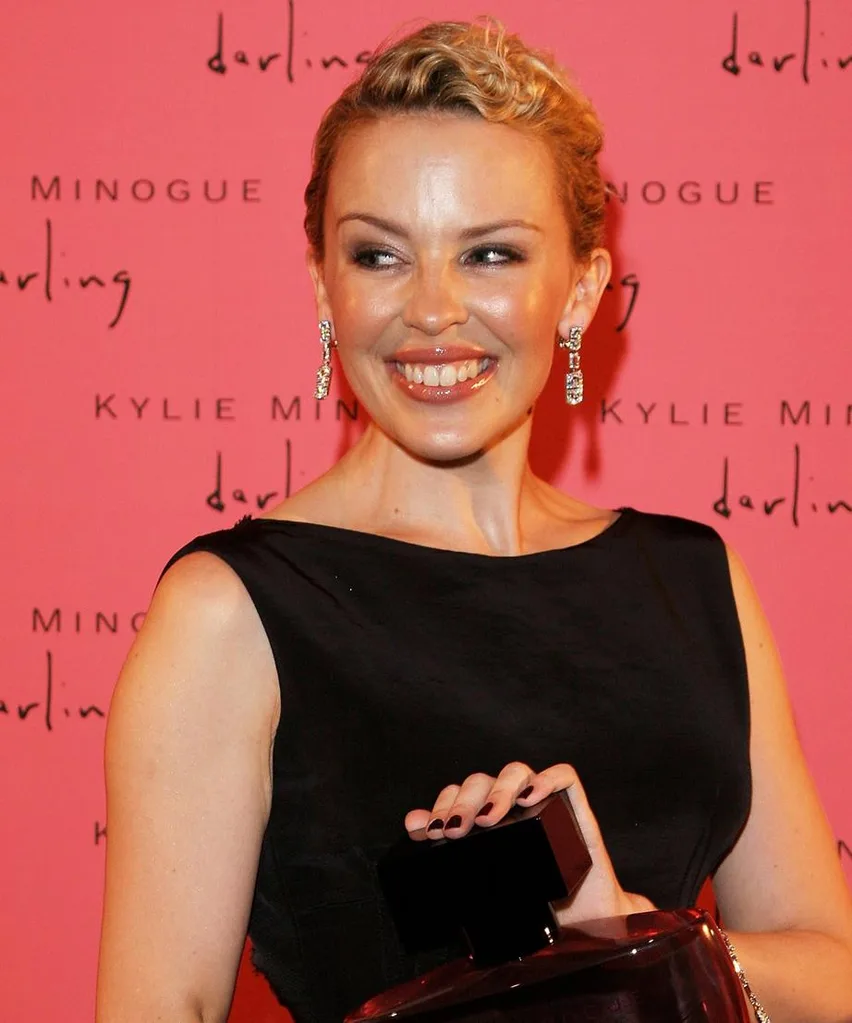One in eight women will be diagnosed with breast cancer by the age of 85, making it the most common cancer for Australian women.
Researchers are constantly on the hunt for a way to prevent the disease and while we’re not there yet, modifiable lifestyle risk factors have been identified.
Based on the latest advice, here’s what you need to know.
Three things that increase your breast cancer risk (that you can do something about)
Drinking alcohol
If you drink two glasses of wine a day, you’re 51 per cent more likely to develop breast cancer. Even drinking between three and six glasses of wine a week increases your risk by 15 per cent. Alcohol changes hormone levels, triggers the production of cancer-causing compounds and blocks one of the body’s ‘cancer protection’ pathways.
Being overweight
That increases breast cancer risk in postmenopausal women by 42 per cent. Fat cells make oestrogen, which can trigger hormone-receptor-positive breast cancers to develop and grow. Where you carry the extra weight matters too – stomach fat increases breast cancer risk more than extra fat carried on other areas of the body.
Taking HRT (Hormone replacement therapy)
It makes you twice as likely to develop breast cancer while you’re taking it, thanks to the prolonged exposure to hormones. The longer you take it the greater the risk, and combined hormone therapy that contains both oestrogen and progestogen is more ‘risky’ than oestrogen-only therapy.
Cancer Australia says an increased breast cancer risk associated with combined HRT is more likely to occur after three years of use, but a ‘safe’ timeframe hasn’t been established. If you are on HRT, talk to your doctor every six months to review risks.

Last year, singer Kylie Minogue celebrated her 10th year being cancer free after her May 2005 diagnosis.
Three strategies to lower your breast cancer risk (that actually make a difference)
There’s no proven way to prevent breast cancer but you can lower your risk. As well as limiting alcohol, maintaining a healthy weight and talking regularly to your doctor about HRT if you’re taking it…
Do 15 minutes of vigorous exercise daily
Try fast walking, jogging, swimming laps or aerobics. That lowers breast cancer risk by 20 per cent, particularly in postmenopausal women, when most breast cancers are diagnosed. The protective effect isn’t just because exercise helps to reduce weight – physical activity also regulates levels of hormones, regardless of weight.
Stick to a Mediterranean diet
As long as it contains plenty of good-quality olive oil, it can reduce your breast cancer risk by as much as 68 per cent. One explanation is that olive oil suppresses the activity of genes and proteins that play a role in cancer development.
As well as replacing butter with olive oil, a Mediterranean diet means eating plenty of plant-based foods, like fruits, vegetables, wholegrains, legumes and nuts, eating fish and chicken at least twice a week, limiting red meat to a few times a month, and using herbs and spices instead of salt to add flavour.
Eat dinner early
That means you’ll be able to fast for longer overnight, between dinner and breakfast. Doing that reduces your body’s blood glucose levels – and elevated blood glucose levels have been linked to a higher risk of breast cancer. Go food-free for between 12 and 14 hours each night.
Three need-to-know breast cancer facts
1. A breast-cancer-free family history is no protection.
Only five to 10 per cent of breast cancers can be strongly linked to inherited factors, which means the vast majority of women who develop breast cancer don’t have a family history of the disease.
2. The first sign isn’t always a lump
A new lump or mass is the most common symptom of breast cancer, but it’s not the only one. Also look for:
a change in the size or shape of the breast;
a change to the nipple, like crusting, redness or inversion;
a nipple discharge that occurs without squeezing;
an unusual pain that doesn’t go away,
or a change in the skin of the breast, like redness or dimpling.
3. Mammography is still the best available screening tool
The reduction in breast cancer mortality that mammograms deliver outweighs any potential risks, like over-diagnosis, says a 2015 international report. Women aged 50 to 74 years are encouraged to have a free mammogram every two years, because research shows that screening is most effective in that age group.
But you can begin having free screening mammograms after the age of 40, if you like. Visit cancerscreening.gov.au or call 13 20 50 for more information.
What about the Pill and breast cancer?
Taking the contraceptive pill does increase your risk of breast cancer slightly – and the older you are when you take it, the higher your risk. But the slight increase in risk disappears within about 10 years of stopping the pill.










